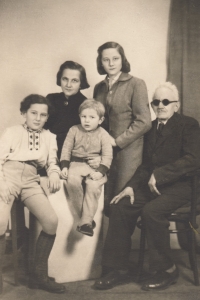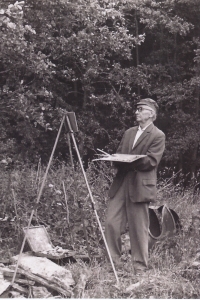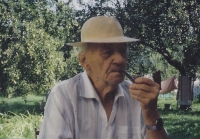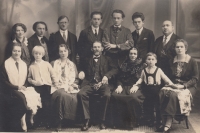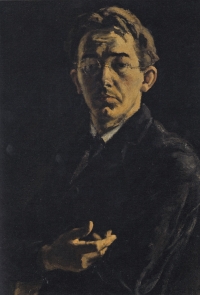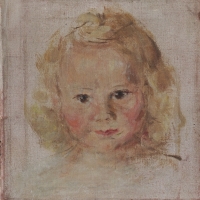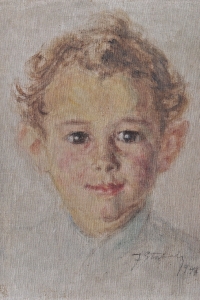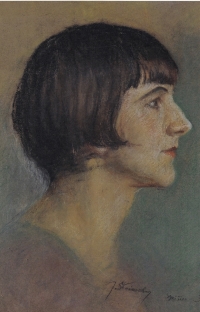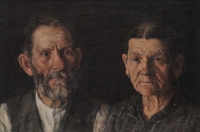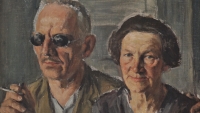"They did take my brother away, but my mom didn't know where. So, she asked, of course she asked in every possible way where he could be... Where one could demand some justice was the so-called SNB (National Security Service), which said: 'Ma'am, your son is very well taken care of and has everything, what he needs, you don't have to worry in the slightest.'' So those comforting, horrible sounding words for mom... Needless to say, it was a crazy time for my mom. In short, she was trying to find out something somewhere all the time, she was running away, but she was still under the constant surveillance of State Security, so she was not allowed to leave, she was forbidden to leave. So, when she wanted to go somewhere, she went through the garden and climbed through the fence, there was a field, and through that field she simply went to the station or to the city, so that she could arrange something somewhere... Simply unbelievable things. So, one day she was walking through the city and the chairman of the district committee of the party, Mr. Křemen, passed her on the sidewalk, I even remember that name very well, because he showed himself as a moral fibre... He just passed by her and whispered the message to her: 'Your son is in an educational institution in Boršov nad Vltavou.'' And he went on again, that was all. So, it was a rescue, because my mom finally found out where, if it was after three weeks or a month, we really don't even know. So, of course, she came up with the idea that the older brother could go there to visit him, and on that occasion she literally said to him, 'Look, they stole your little brother, didn't they, and they took the baby from us, so you take him back.' her philosophy is completely incomprehensible today, isn't it. But my brother went to Boršov, said that he wanted to see him and that he would come to visit. So they gave him permission, he went with him to the garden, to the park, there was a castle like that, he said, a smaller one, in Boršov, and... through some back fence... he immediately took him to the train and immediately drove away with him. The strange thing is that luckily no authorities were actually looking for him, because they, frankly, were not in the law at all. It was like something completely absurd, wasn't it. So luckily, mom kept him as a secret at home first, so no one would know he was home. It turned out well, he just stayed at home... and was guarded so that no one would take him somewhere again. This is just to illustrate the treacherous practices that were unfortunately applied in the previous regime. Nobody can imagine that today. Thanks God, actually.'

